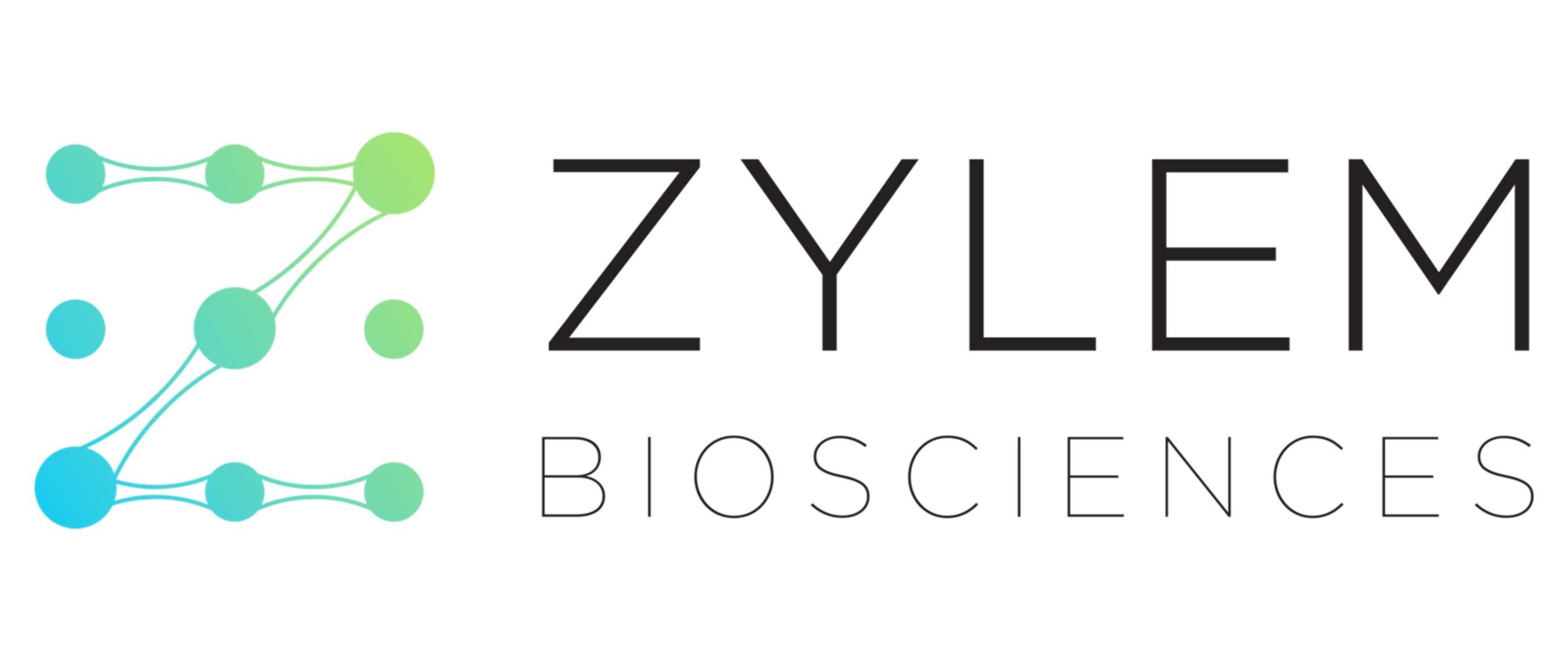CHICAGO, Oct. 21, 2024 -- Zylem Biosciences, a company specializing in cancer and cardiovascular therapeutics, announced that Northwestern University has filed a lawsuit against Moderna, alleging infringement of key patents related to mRNA vaccine technologies.
The lawsuit, filed on October 16, 2024, in the United States District Court for the District of Delaware, asserts that Moderna has unlawfully utilized patented Lipid Nanoparticle (LNP) technologies developed at Northwestern University. These technologies have been critical to the success of mRNA vaccines, including those used in combating COVID-19 and respiratory syncytial virus (RSV).
According to the claim, Moderna's use of these LNP technologies infringes on multiple patents owned by Northwestern University and licensed to Zylem Biosciences. The lawsuit seeks damages to prevent further unauthorized use of the patented innovations but does not seek any injunctive relief.
Northwestern University is a world-renowned research institution that fosters and creates important progress in biomedical research and medicine. Each year, Northwestern is ranked as one of the most innovative universities in the world.
The patented technologies in question include breakthroughs in synthetic LNP technology, which overcame challenges in delivering mRNA to cellular targets. For decades, mRNA was considered too prone to degradation and its functional delivery impractical. Given these challenges, the turning point for the COVID-19 vaccine technology was not the modified mRNA itself but the critical LNP vehicle needed to deliver that mRNA into cells.
The LNP technologies that overcame these challenges were invented at Northwestern University by researchers including Drs. C. Shad Thaxton and Kaylin McMahon, who are also co-founders of Zylem Biosciences.
Moderna understood the need for a vehicle that could deliver mRNA into a cell and lauded LNP technology. Giuseppe Ciaramella, Moderna's head of infectious diseases from 2014-18, publicly stated that LNPs are "the unsung hero of the whole thing."
It was Drs. Thaxton, McMahon, and the other Northwestern inventors who first identified the key characteristics of LNPs that allowed for the profound benefits that led to the success of Moderna's COVID-19 vaccines.
In 2009, Dr. Thaxton was recognized as Researcher of the Year by Bioscience Technology and by the MIT Technology Review as one of the world's top innovators under the age of 35 ("TR35 Award"). In 2012, President Barack Obama awarded Dr. Thaxton with the Presidential Early Career Award for Scientists and Engineers ("PECASE"), the highest honor given by the United States government to outstanding, early-stage scientific researchers.
"We are proud that our LNP technology has had widespread impact on human health and welfare, which was always our goal," said Dr. Thaxton. "However, it is important to protect our inventions, which are the result of years of dedication from our talented scientific colleagues."
The lawsuit also emphasizes the importance of safeguarding intellectual property in the biotech industry, where cutting-edge research is a significant driver of progress.
"Intellectual property rights are the backbone of the biotech sector, driving innovation and ensuring that companies like ours can continue to develop therapies that improve patient outcomes," added Philip Bligh, CEO of Zylem.
About Zylem Biosciences:
Zylem is a leader in the use of LNPs and other lipid constructs to develop therapies for cancer, cardiovascular disease, aging, and skin conditions among other maladies. Founded in 2018, it has licensed a broad patent portfolio which it continues to develop.
This News is brought to you by Qube Mark, your trusted source for the latest updates and insights in marketing technology. Stay tuned for more groundbreaking innovations in the world of technology.









